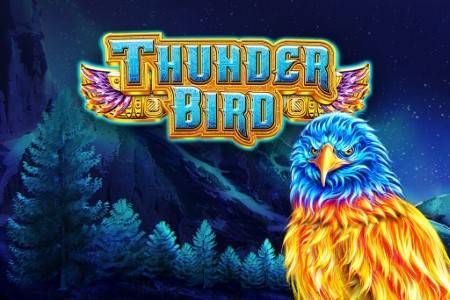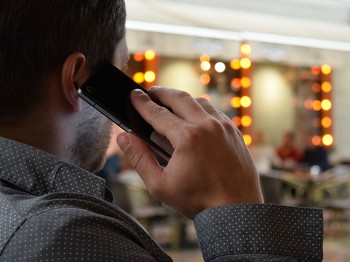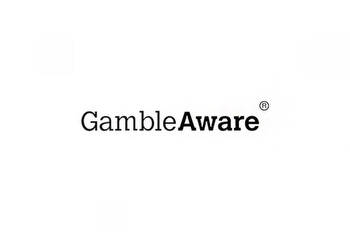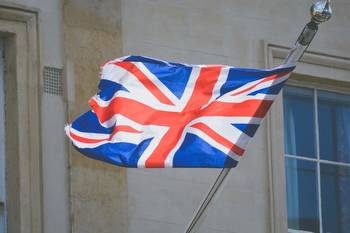GambleAware Publishes NGTS Statistics for 2021-22
GambleAware has published the annual statistics for the National Gambling Treatment Service (NGTS) for 2021/22. The report shows NGTS continues to be a fast and effective route for those experiencing gambling harms to improve their gambling behaviour and psychological distress.
Commissioned by GambleAware, the NGTS is a network of organisations that provide confidential treatment and support for anyone experiencing gambling-related harms in England, Scotland and Wales, including GamCare and its partner network, Gordon Moody and NHS treatment centres. It is free to access and provides telephone, online and face-to-face support for individuals and groups.
The new report shows 7072 people received treatment between April 2021 and March 2022. Most people (92%) who completed their scheduled treatment showed improvement on their Problem Gambling Severity Index (PGSI) score, a widely used measure of harmful gambling behaviour.
Most people (86%) who completed treatment also reduced psychological distress around their gambling behaviour, measured using the Clinical Outcomes in Routine Evaluation (Core-10) measure. Just under one third (30%) did not complete their treatment.
Zoë Osmond, CEO of GambleAware, said: “It is extremely encouraging to see that the National Gambling Treatment Service continues to improve the lives of those who experience gambling harms and remains a highly effective treatment option.
“It is also encouraging to see the fall in those accessing more advanced treatment balanced out with more and more people accessing the helpline and other services as a means of support. Gambling harms can affect anyone and it is important to encourage people to seek support and treatment early on.
“We remain committed to ensuring that we work closely with our partners to understand how we can further optimise uptake and retention. We also acknowledge the urgent need to raise awareness of the service and improve access to it across the diverse range of populations and people that could stand to benefit from treatment.”
Most referrals were found to be from the National Gambling Helpline (57%), with self-made referrals making up just over one quarter (26%). Half of all service users (50%) had a first appointment within five days of contacting the NGTS, and 75% within 12 days. Treatment was shown to last on average ten weeks.
The report also shed light on the evolving picture of gambling harms as a public health concern. Data revealed the most common location for gambling amongst service users was online, with use of these services noticeably higher among younger age groups. An increasing number of women were also found to be contacting the service, with the majority reaching out being “affected others”, who across both men and women represented 14% of those contacting the service.




































